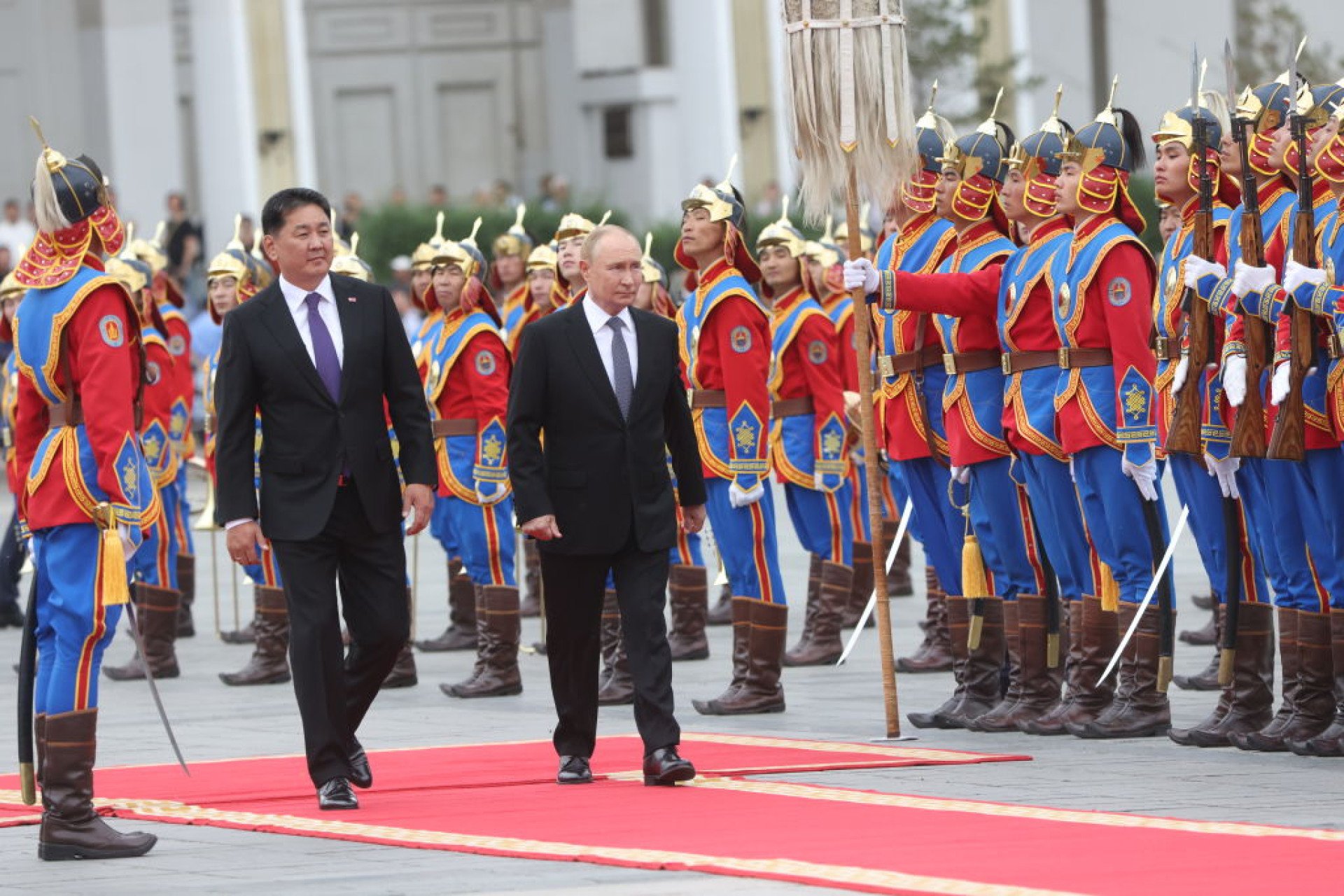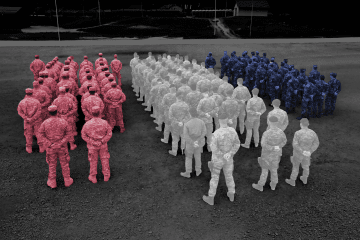- Category
- World
Mongolia Refuses to Arrest Putin Despite ICC Warrant

Mongolia, an International Criminal Court (ICC) Statute signatory, did not arrest Russian dictator Vladimir Putin despite the country’s obligation under an ICC warrant, citing neutrality and reliance on Russia.
The ICC issued arrest warrants for two individuals in March 2023:
Maria Lvova-Belova, Russia’s Commissioner for Children’s Rights.
Russian President Vladimir Putin.
The warrants were issued for the illegal deportation of children from Ukraine.
Since the warrant’s issuance, Putin had avoided visiting any Rome Statute signatory country that could have handed him over to the court. This changed in early September 2024, when he visited Mongolia.
Mongolia ratified the Rome Statute in 2002 and is one of over 120 countries that have done so.
Despite calls from Ukraine, Mongolia neither arrested Putin nor attempted to deliver him to the ICC. Before the visit, Putin was assured that no arrest would occur, and the visit unfolded in a friendly, even celebratory, manner. Several official reasons were cited for the visit:
The 85th anniversary of the Battle of Khalkhin Gol.
The 75th anniversary of the Ulaanbaatar Railway Association’s establishment.
The 5th anniversary of the Treaty on Friendly Relations and Comprehensive Strategic Partnership between the Russian Federation and Mongolia.
The primary reason, however, was the commemoration of the Battle of Khalkhin Gol, where Soviet and Mongolian forces defeated the Japanese army.
Why wasn’t Putin arrested?
Mongolia assured Putin there would be no arrest, according to media reports. The country later offered two main reasons for this decision.
First, Mongolia relies heavily on its neighbors, Russia and China, for energy.
"Mongolia imports 95% of its petroleum products and over 20% of its electricity from our immediate neighborhood,” a Mongolian government spokesperson said. “This supply is critical to ensure our existence and that of our people.”
Second, Mongolia reiterated its longstanding policy of neutrality, vowing to maintain this stance in all diplomatic relations.
As a result, despite being a Rome Statute signatory, Mongolia had no intention of handing Putin over to the ICC.
Historical precedent also suggests that non-compliance with ICC arrest warrants often has little consequence. In 2015, South Africa faced no significant penalties after refusing to arrest a wanted individual, remaining an ICC member without sanctions.
Why is this dangerous?
Putin is testing the strength of international institutions and their willingness to cooperate on matters involving international community decisions. The ICC, respected for its rigorous process and solid evidence, starts its legal pursuit with an arrest warrant—but the real challenge is enforcing it.
Putin has visited several countries over the past year, including China, the UAE, Azerbaijan, Vietnam, and others, but none of these countries have ratified the Rome Statute.
In 2023, Putin planned to visit South Africa, but the country took steps to prevent his arrival, avoiding a potential international scandal. Mongolia, however, took no such actions and disregarded the ICC warrant.
-29a1a43aba23f9bb779a1ac8b98d2121.jpeg)

-605be766de04ba3d21b67fb76a76786a.jpg)
-27ef304a0bfb28cb4215e5deede4a665.png)
-46f6afa2f66d31ff3df8ea1a8f5524ec.jpg)

-2c683d1619a06f3b17d6ca7dd11ad5a1.jpg)
